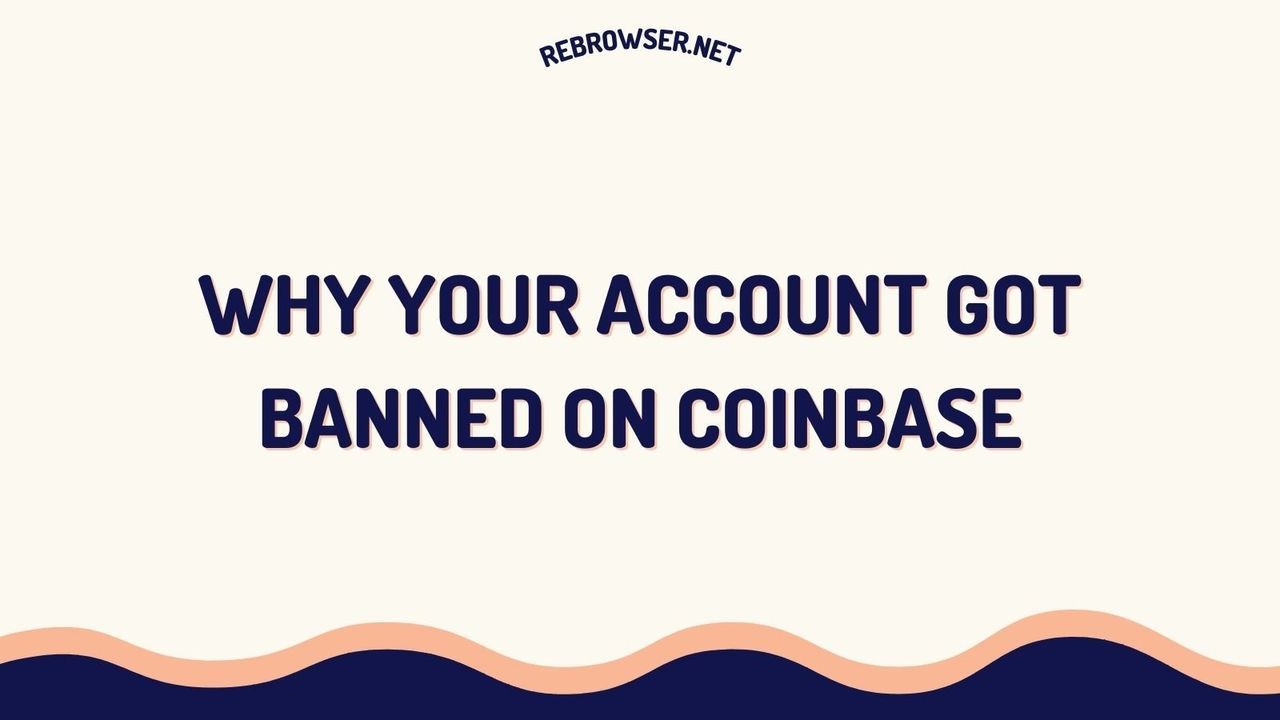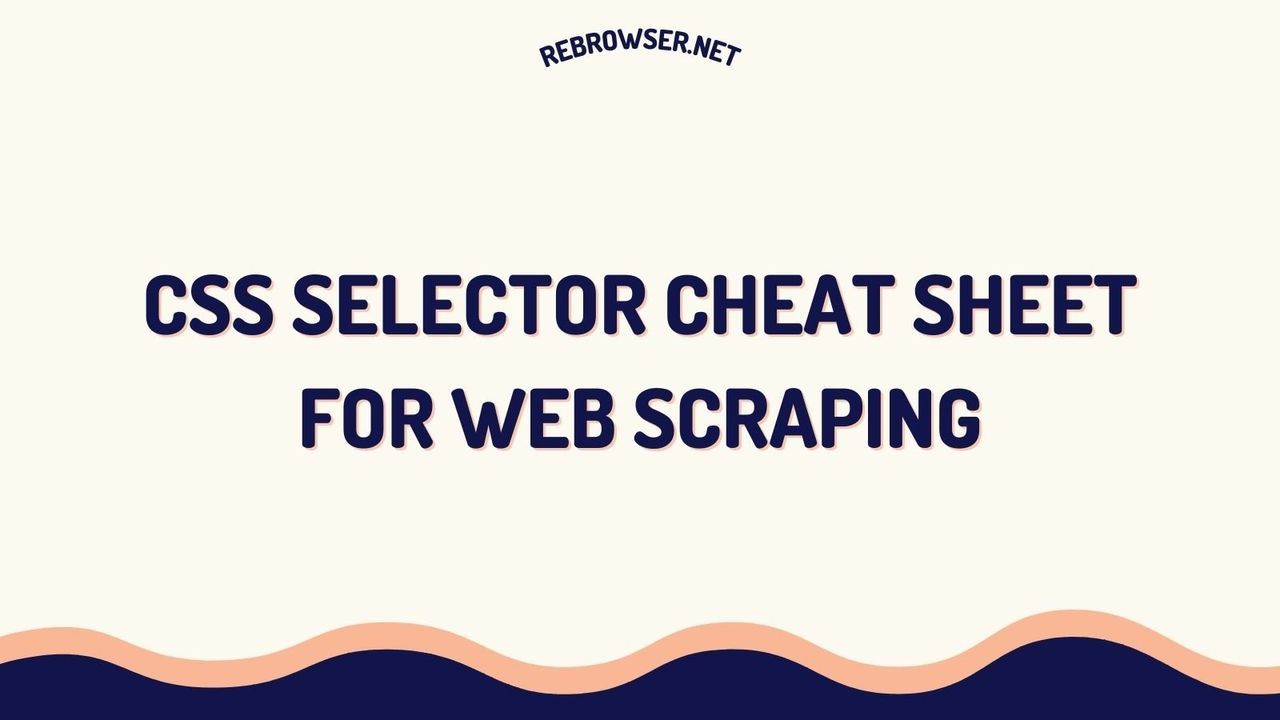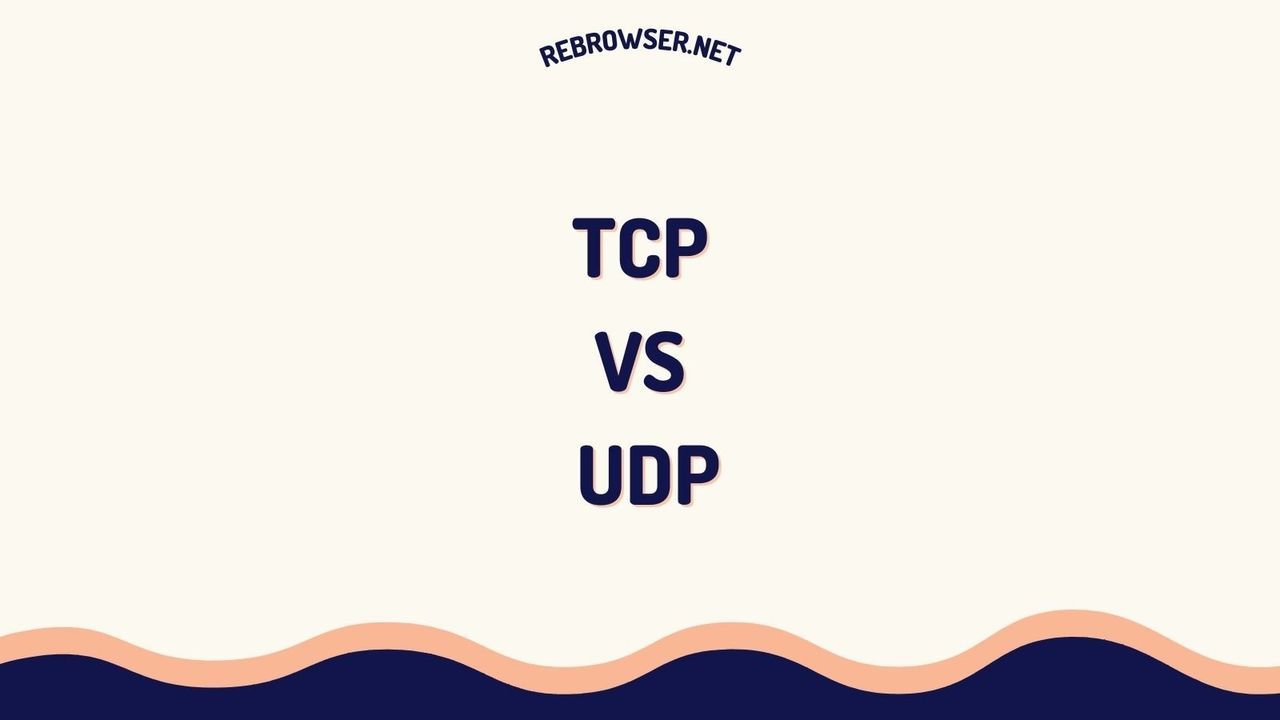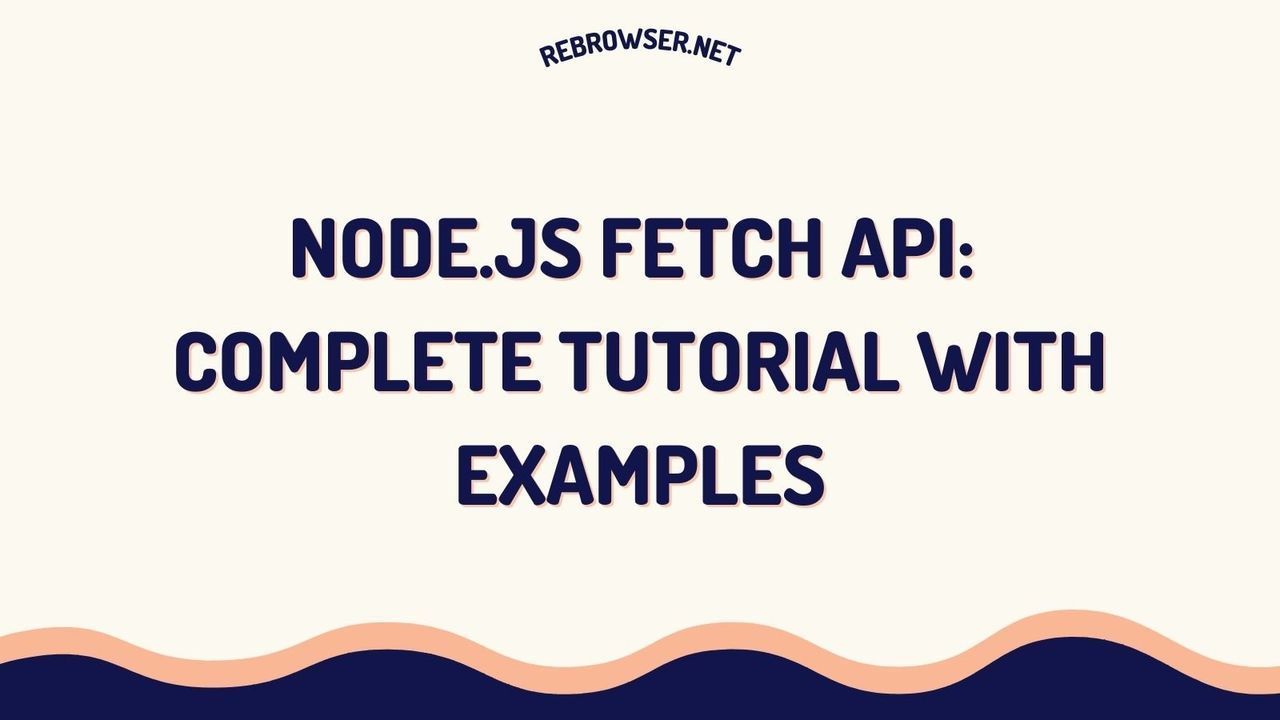JavaScript vs Python for Web Scraping in 2024: The Ultimate Comparison Guide
Key Takeaways
- Python excels in ease of use and data analysis capabilities, making it ideal for data-intensive scraping projects
- JavaScript offers superior handling of dynamic content and native asynchronous capabilities, perfect for modern web applications
- Choice depends on specific use case: Python for data analysis and simple scraping, JavaScript for dynamic content and real-time extraction
- Both languages have robust ecosystems with extensive libraries and strong community support
- Consider using both languages in tandem for complex projects requiring both dynamic content handling and advanced data analysis
Introduction
In the evolving landscape of web scraping, choosing the right programming language can significantly impact your project's success. While both JavaScript and Python remain popular choices in 2024, each brings distinct advantages and challenges to the table. This comprehensive guide will help you make an informed decision based on your specific needs and use cases.
Language Comparison Overview
| Feature | Python | JavaScript |
|---|---|---|
| Learning Curve | Gentle learning curve, readable syntax | Steeper curve, especially with async concepts |
| Dynamic Content | Requires additional tools | Native support |
| Performance | Excellent for data processing | Superior for async operations |
| Community Support | Extensive scraping community | Large web development community |
Python for Web Scraping
Key Libraries and Tools
Python offers a rich ecosystem of scraping tools:
- BeautifulSoup4: HTML/XML parsing (documentation)
- Scrapy: Full-featured scraping framework (official site)
- Selenium: Browser automation (docs)
- Playwright: Modern web automation (Python API)
Example: Basic Scraping with Python
import requests
from bs4 import BeautifulSoup
def scrape_product_info(url):
# Send request with headers
headers = {'User-Agent': 'Mozilla/5.0'}
response = requests.get(url, headers=headers)
# Parse HTML
soup = BeautifulSoup(response.text, 'html.parser')
# Extract data
title = soup.find('h1').text.strip()
price = soup.find('span', class_='price').text.strip()
return {
'title': title,
'price': price
}
JavaScript for Web Scraping
Modern JavaScript Scraping Stack
JavaScript's scraping ecosystem has evolved significantly:
- Puppeteer: Chrome automation (documentation)
- Playwright: Cross-browser automation (docs)
- Cheerio: Fast HTML parsing (official site)
Example: Dynamic Content Scraping with JavaScript
const puppeteer = require('puppeteer');
async function scrapeInfiniteScroll(url) {
const browser = await puppeteer.launch();
const page = await browser.newPage();
await page.goto(url);
// Scroll and wait for content
let previousHeight = 0;
while (true) {
const currentHeight = await page.evaluate(() => document.body.scrollHeight);
if (currentHeight === previousHeight) break;
await page.evaluate(() => window.scrollTo(0, document.body.scrollHeight));
await page.waitForTimeout(2000);
previousHeight = currentHeight;
}
// Extract data
const items = await page.evaluate(() => {
return Array.from(document.querySelectorAll('.item')).map(item => ({
title: item.querySelector('.title')?.textContent,
price: item.querySelector('.price')?.textContent
}));
});
await browser.close();
return items;
}
Novel Approaches and Best Practices
Hybrid Approach
A growing trend in 2024 is using both languages in tandem:
- Use JavaScript for extracting dynamic content
- Process and analyze data with Python
- Leverage microservices architecture for scalability
Performance Optimization Tips
- Implement intelligent request throttling
- Use connection pooling
- Cache repeated requests
- Employ distributed scraping when necessary
Making the Right Choice
Choose Python When:
- Working with static content
- Need extensive data analysis capabilities
- Building data pipelines
- Require integration with machine learning tools
Choose JavaScript When:
- Scraping single-page applications (SPAs)
- Need real-time data updates
- Working with complex user interactions
- Require browser-like behavior
Future Trends
Based on current industry developments, we're seeing:
- Increased adoption of headless browsers
- Growth in API-first scraping solutions
- Rise of AI-powered content extraction
- Enhanced focus on ethical scraping practices
Community Insights and Developer Perspectives
The developer community's consensus, based on discussions on Reddit, suggests that the choice between Python and JavaScript for web scraping largely depends on specific use cases and individual expertise. Many practitioners emphasize that both languages are capable tools, and developers should prioritize working with the technology they're most comfortable with and that offers the libraries that enhance their productivity.
When discussing specific strengths, community members consistently highlight Python's superiority in data processing and analysis tasks. Developers who prefer JavaScript for its familiarity still acknowledge Python's advantages when dealing with big data and machine learning applications. The robust ecosystem of data analysis tools, particularly the pandas library, makes Python a compelling choice for projects requiring extensive data manipulation.
The community also offers practical insights regarding use case scenarios. According to experienced developers, Python scripts are generally easier to set up for static sites and dynamic sites with straightforward XHR calls and request headers. However, JavaScript tends to be more effective when dealing with complex dynamic sites that involve complicated XHR logic and constantly changing request headers and cookies. This practical distinction helps developers choose the right tool based on their project's technical requirements.
Despite the popularity of certain frameworks, developers stress the importance of considering the full range of available tools. The community points out that efficient solutions don't always require heavy-duty frameworks like Puppeteer. For many websites, simple HTTP requests using lighter libraries like Cheerio can be significantly more efficient, highlighting the importance of matching the tool's complexity to the task at hand.
Conclusion
The choice between JavaScript and Python for web scraping isn't about which language is better, but rather which tool best fits your specific needs. Python's simplicity and data analysis capabilities make it excellent for data-intensive projects, while JavaScript's native handling of dynamic content makes it ideal for modern web applications. Consider your team's expertise, project requirements, and scaling needs when making your decision.





